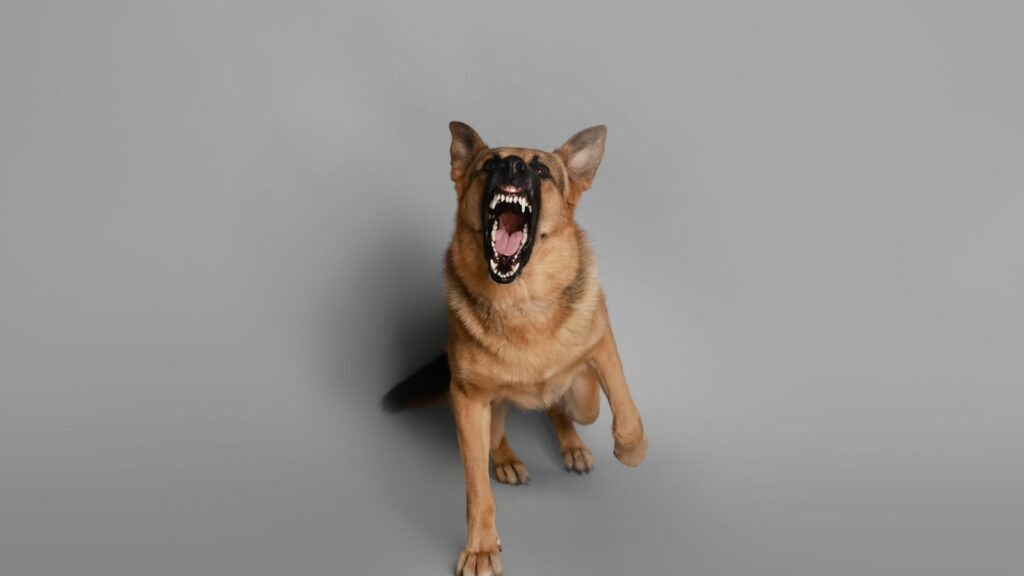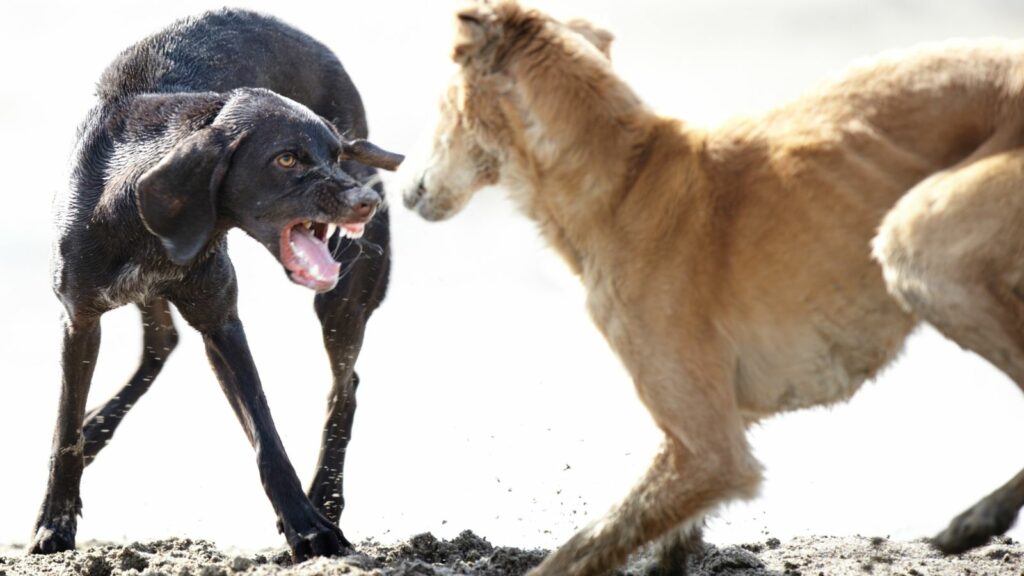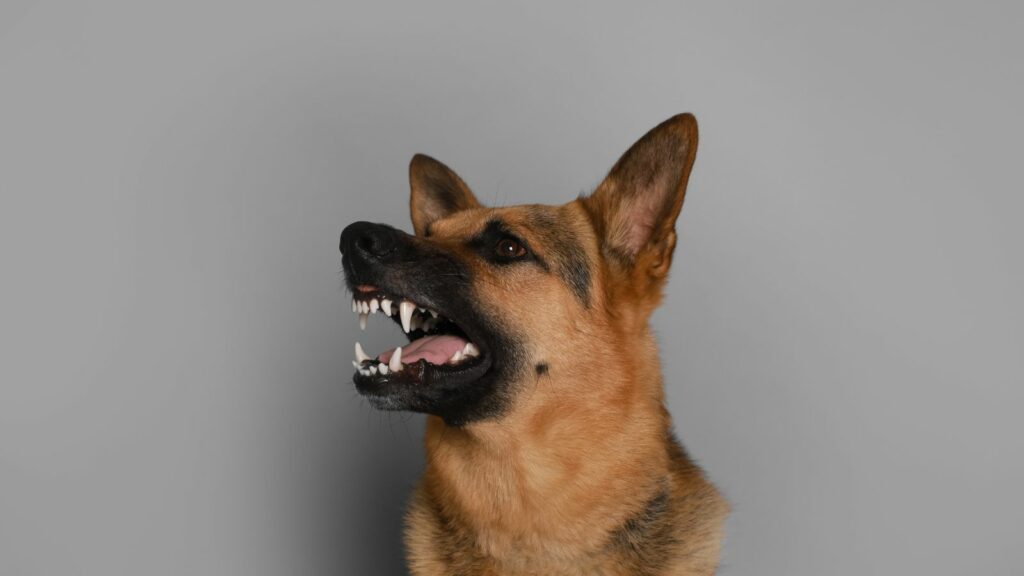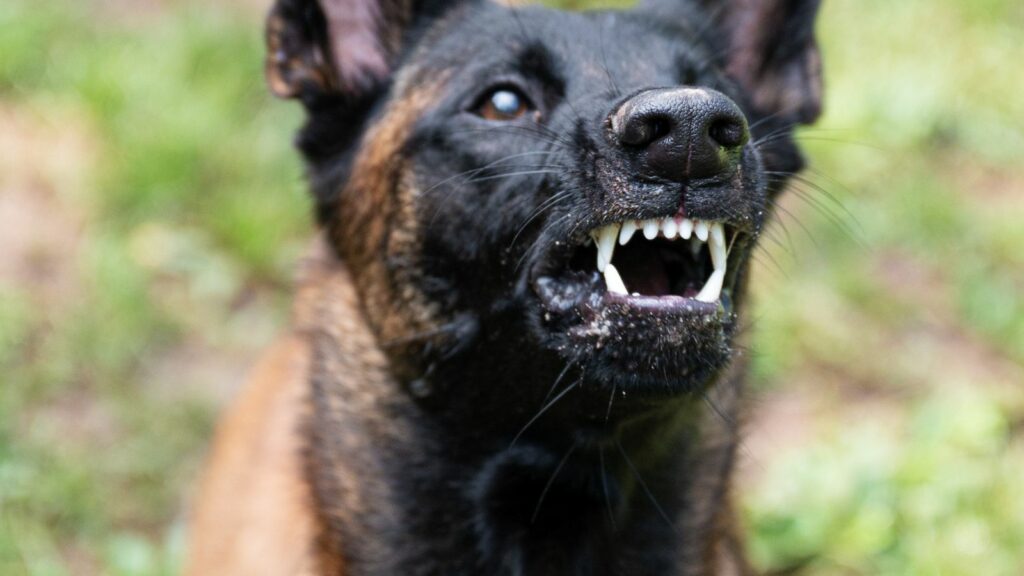When it comes to man’s best friend, there’s a darker side that’s often overlooked. While dogs are celebrated for their loyalty, affection, and playful nature, certain breeds have earned a reputation for being most violent dog breeds than others. But is this reputation deserved, or is it a product of misinformation and stereotype?
Most Violent Dog Breeds

When it comes to a dog’s aggression, it’s imperative not to ignore the role of genetics. Studies imply a significant genetic component to most violent dog breeds. For example, a research published in the Journal of Veterinary Behavior shows that over 50% of the variance in aggressive behavior is due to genetic factors. This means that certain breeds, those artificially selected for aggression in the past, might carry these traits, making them potentially more aggressive. Rottweilers, Pit Bulls, and German Shepherds, among others, fall into this category because they were bred for guarding, protecting, or fighting roles in history. It’s crucial, though, not to generalize about an entire breed.
The Impact of Environment and Training
On the other hand, environment and training play a pivotal role in a dog’s behavior. Multiple studies, including the Journal of Animal Science and Biotechnology’s report, confirm that a well-adjusted, well-trained dog, regardless of breed, displays less aggressiveness than a poorly trained one. Factors like early socialization, exposure to different environments, and consistent, positive reinforcement training substantially reduce the likelihood of aggression in dogs. Abusive treatment, inadequate socialization, and poor training, on the contrary, significantly increase a dog’s propensity to become aggressive. Each dog, irrespective of its breed, is a product of both its genetics and surroundings.

So, the story of a dog’s aggression isn’t simple or one-sided. Both genetics and environment play significant roles, intertwining to shape a dog’s behavior. It’s important to remember, though, that every dog is an individual, with its unique set of genetics and experiences. It’s unfair to dismiss an entire breed as aggressive based on the behavior of a few individuals. Aggression is not breed-specific, and perpetuating this myth only leads to fear and misinformation. After all, every dog deserves the chance to be understood, loved, and trained properly.
Characteristics of Potentially Aggressive Dog Breeds
Common Traits Among Aggressive Dogs
Traits associated with aggression in dogs often manifest in physical and behavioral patterns. Physically, these traits might present themselves in overly muscular builds or prominent jaw structures, signs of breeds that were historically used in guarding or fighting roles. Behaviorally, these traits include excessive barking, growling, snarling, and displaying an unruly demeanor around food or toys.
Evidence exists that certain behavioral traits, such as a tendency for fear or anxiety, increase a dog’s propensity for aggressive behavior. It’s important to note here that anxiety doesn’t necessarily lead to aggression. On the contrary, many dogs express anxiety through behaviors such as excessive licking and whimpering.
Misconceptions About Dog Aggression

Through the years, several misconceptions about most violent dog breed have emerged. While certain dog breeds, by virtue of their history and genetic makeup, may exhibit a heightened potential for aggression, it’s a disservice to stereotype any dog breed as inherently aggressive.
Another prevalent misconception is that shelter dogs, particularly those with an abusive past, are always prone to aggression. While it’s true that trauma can lead to behavioral issues, many shelter dogs are well-adjusted and exhibit no signs of aggression. Furthermore, many perfectly loved and cared for dogs can suddenly display aggressive behavior without any documented traumatic event, usually due to underlying health issues or changes in the environment.
Managing Dog Aggression
It’s clear that dog aggression isn’t solely a breed-specific trait. It’s a complex behavior influenced by various factors including genetics, upbringing, and environment. While certain breeds may exhibit more aggressive tendencies, it’s crucial to remember that every dog is unique. Proper training, early socialization, and consistent positive reinforcement are key to managing potential aggression.

